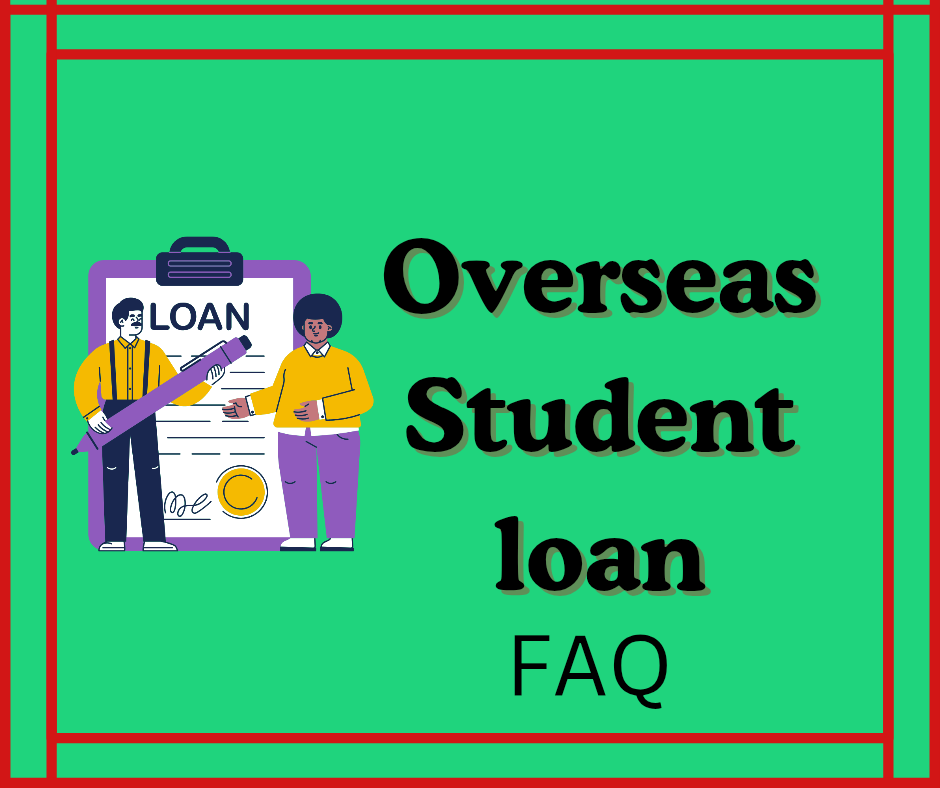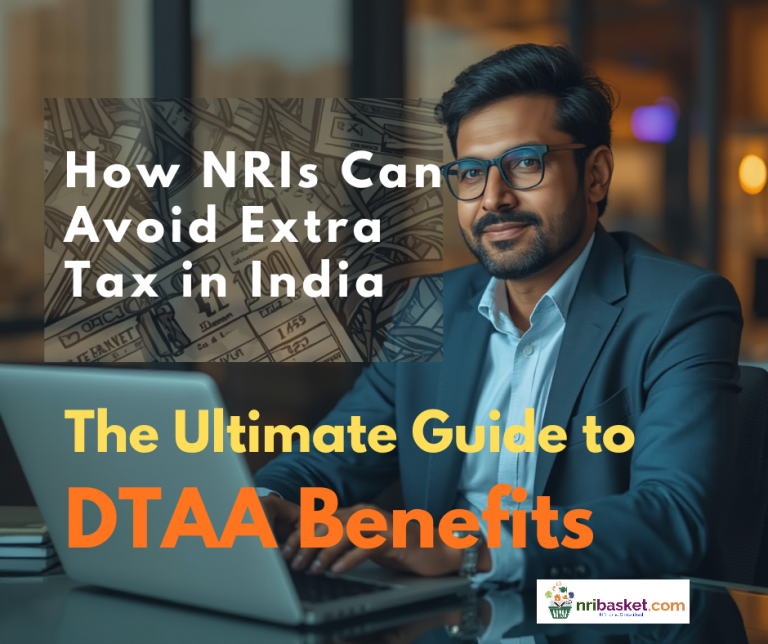
Study abroad with ease! FAQs on overseas education loans for NRIs covering eligibility, documents, interest rates, and repayment options.
Short Answer: A loan designed to cover tuition and living costs for studying abroad.
Long Answer: An overseas education loan is a financial product offered by banks or NBFCs to help students pay for expenses related to studying abroad, such as tuition fees, accommodation, travel, and other living costs. These loans often have flexible repayment terms and may include a moratorium period until studies are completed.
Short Answer: Students accepted into recognized foreign universities.
Long Answer: Generally, eligibility includes Indian citizenship, a confirmed admission letter from a recognized overseas university, and a co-borrower in India (usually a parent or guardian). Age limits, academic performance, and the course selected may also be considered.
Short Answer: Tuition, living costs, and other study-related expenses.
Long Answer: Expenses can include tuition fees, accommodation costs, travel tickets, visa fees, exam fees, books and study materials, and even laptop purchases if required by the university.
Short Answer: Academic, admission, financial, and identity documents.
Long Answer: Commonly required documents include proof of admission, academic transcripts, mark sheets, ID proof, address proof, co-borrower’s income proof, bank statements, and sometimes property documents for collateral-based loans.
Short Answer: Not always, depends on loan amount and lender.
Long Answer: Collateral is usually required for higher loan amounts (above ₹7.5 lakhs for public sector banks). For smaller amounts, some banks and NBFCs offer unsecured loans based on the applicant’s and co-borrower’s creditworthiness.
Short Answer: Period when repayment is not required during study and grace time after graduation.
Long Answer: Most lenders provide a moratorium period, which includes the course duration plus 6–12 months after course completion. During this period, you may only need to pay interest or nothing at all, depending on the loan terms.
Short Answer: Generally 8% to 14% annually.
Long Answer: Interest rates vary based on the lender, loan type (secured/unsecured), student’s academic profile, and co-borrower’s creditworthiness. Public sector banks often offer lower rates than private lenders.
Short Answer: Yes, under Section 80E of the Income Tax Act.
Long Answer: The interest paid on an education loan can be claimed as a deduction under Section 80E for up to 8 years from the start of repayment. This benefit is available only on the interest portion, not the principal.
Short Answer: Yes, with or without prepayment charges depending on the lender.
Long Answer: Many public sector banks do not charge prepayment penalties, allowing borrowers to close the loan early without extra cost. However, some NBFCs and private banks may have a small prepayment fee.
Short Answer: It may affect credit score and lead to legal action.
Long Answer: Defaulting on repayment can harm both the borrower’s and co-borrower’s credit scores. The lender may initiate legal recovery, especially for secured loans where collateral is pledged.




